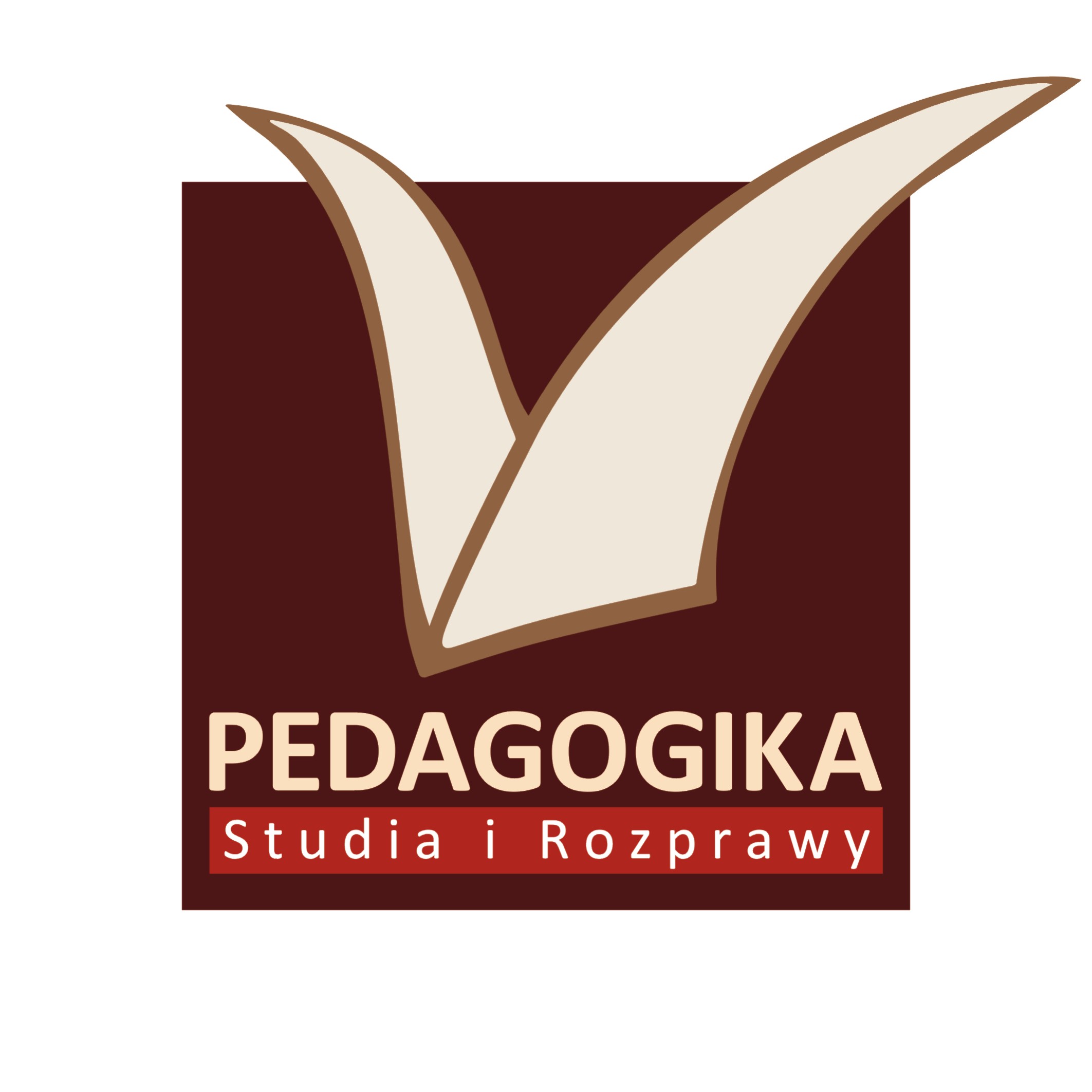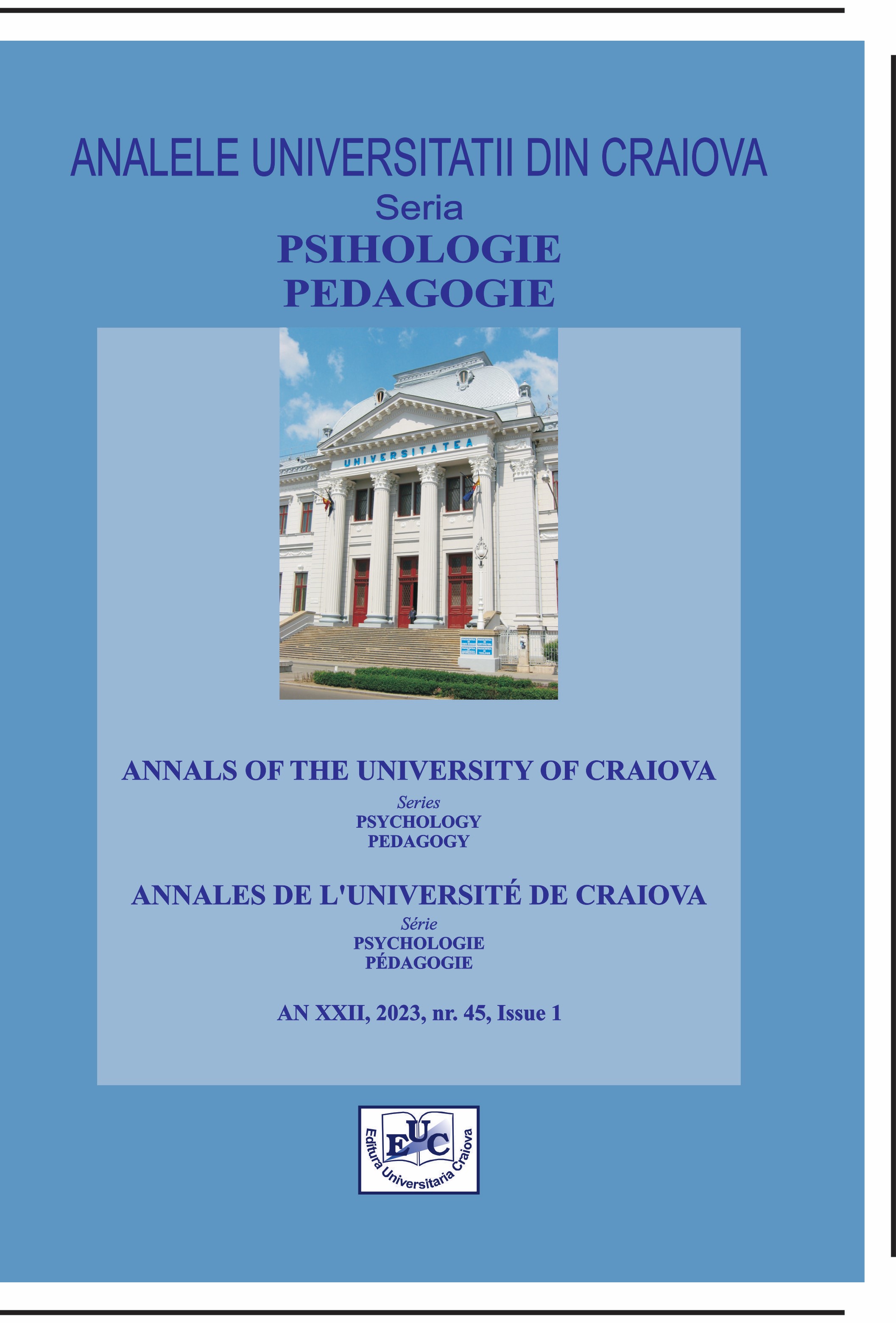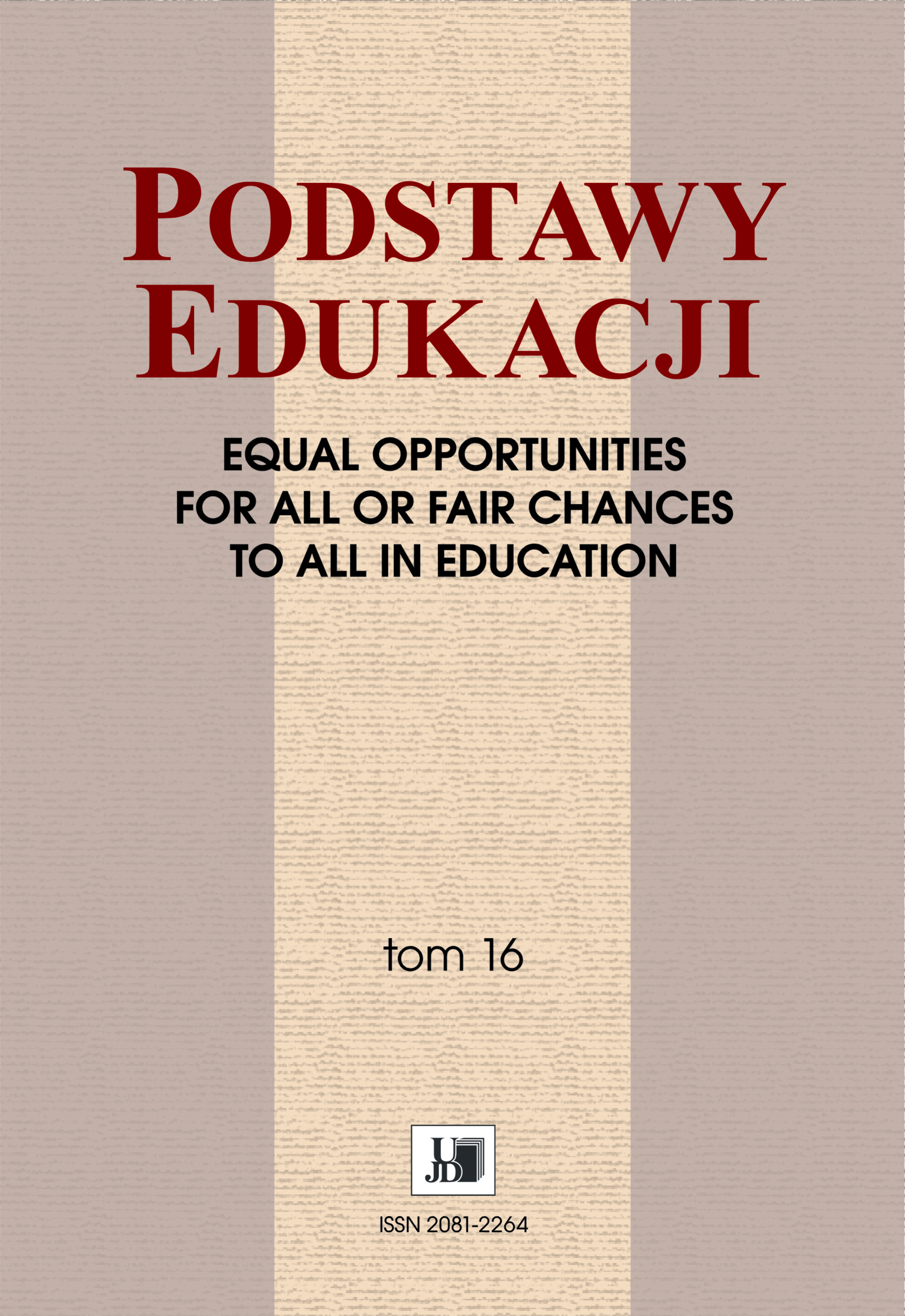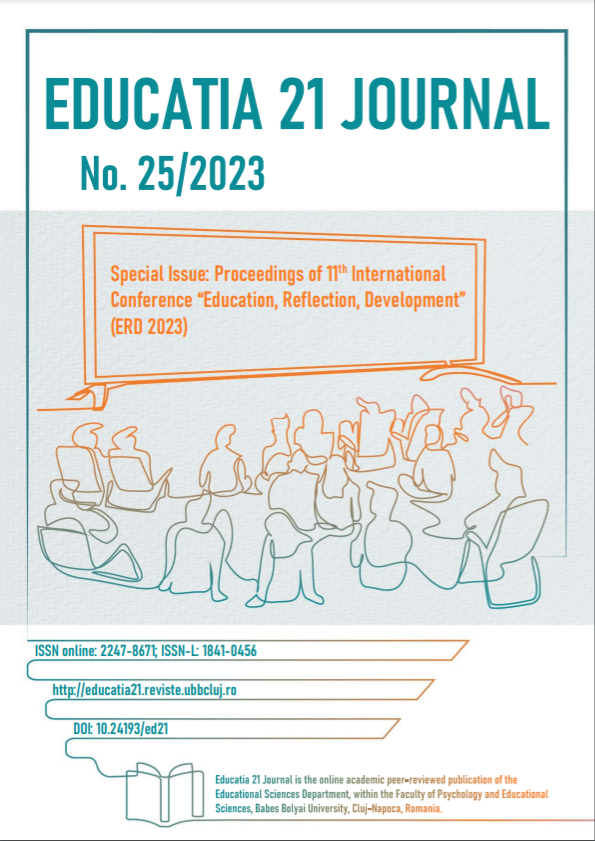Author(s): Waskito Waskito,Rizky Ema Wulansari,Rifelino Rifelino,Aprilla Fortuna,Abel Nyamapfene,Siti Afiat Jalil / Language(s): English
Issue: 1/2024
Educators must conduct assessments in their learning; it determines students’ weaknesses in the teaching material they follow during learning. Unfortunately, the implementation of assessment by educators was not optimal, and the weakness was that the existing assessment method was only fixated on assessing students without providing feedback on the assessment. At the same time, this feedback was essential for students in learning, which can help learners assess performances that cannot be seen and felt by themselves, as well as a tool to motivate students, notification or information, and reinforcement. Therefore, this research aimed to develop a Constructivist Feedback-Based Assessment Method for learning assessment. The method used in this research was Research and Development (R&D). After development, the Constructivist Feedback-Based Assessment Method for learning assessment will be implemented to see its effect on students’ adaptive capacity, decision-making, problem-solving, and creativity skills. Independent sample t-test and linear regression analysis were used as data analysis techniques describing the impact of the assessment on those skills. The results showed that the Constructivist Feedback-Based Assessment Method has five stages: preparing the assessment material, diagnostic assessment, assessment for learning, assessment of learning, and reflection. It effectively affects students’ skills, such as adaptive capacity, decision-making, problem-solving, and creativity. It can be concluded that the Constructivist Feedback-Based Assessment Method can improve students’ adaptive capacity, decision-making, problem-solving, and creativity. Novelty in this research was the existence of constructivism integrated into feedback-based assessment, which the existing assessment has not highlighted the constructivist side of assessment.
More...





